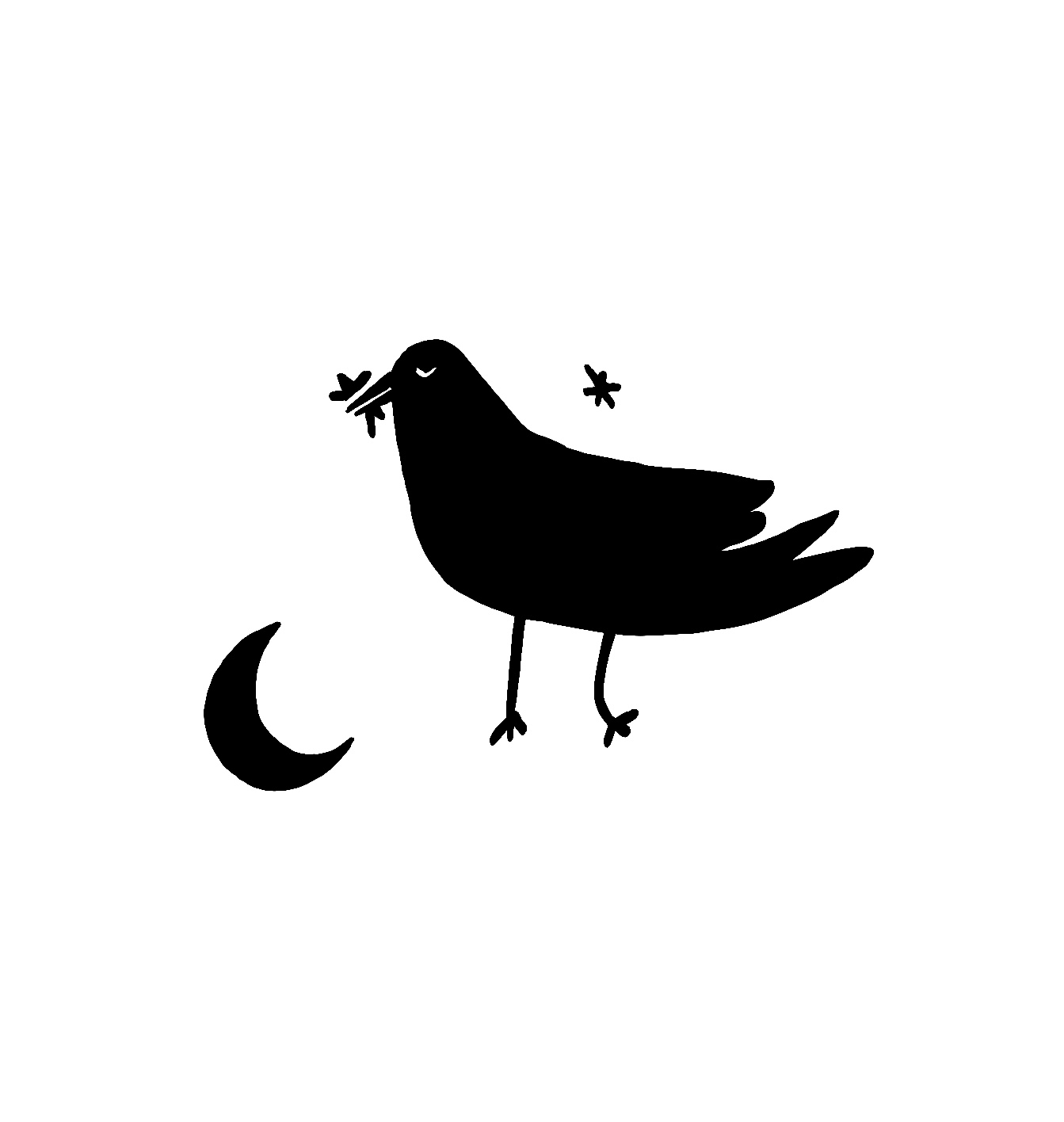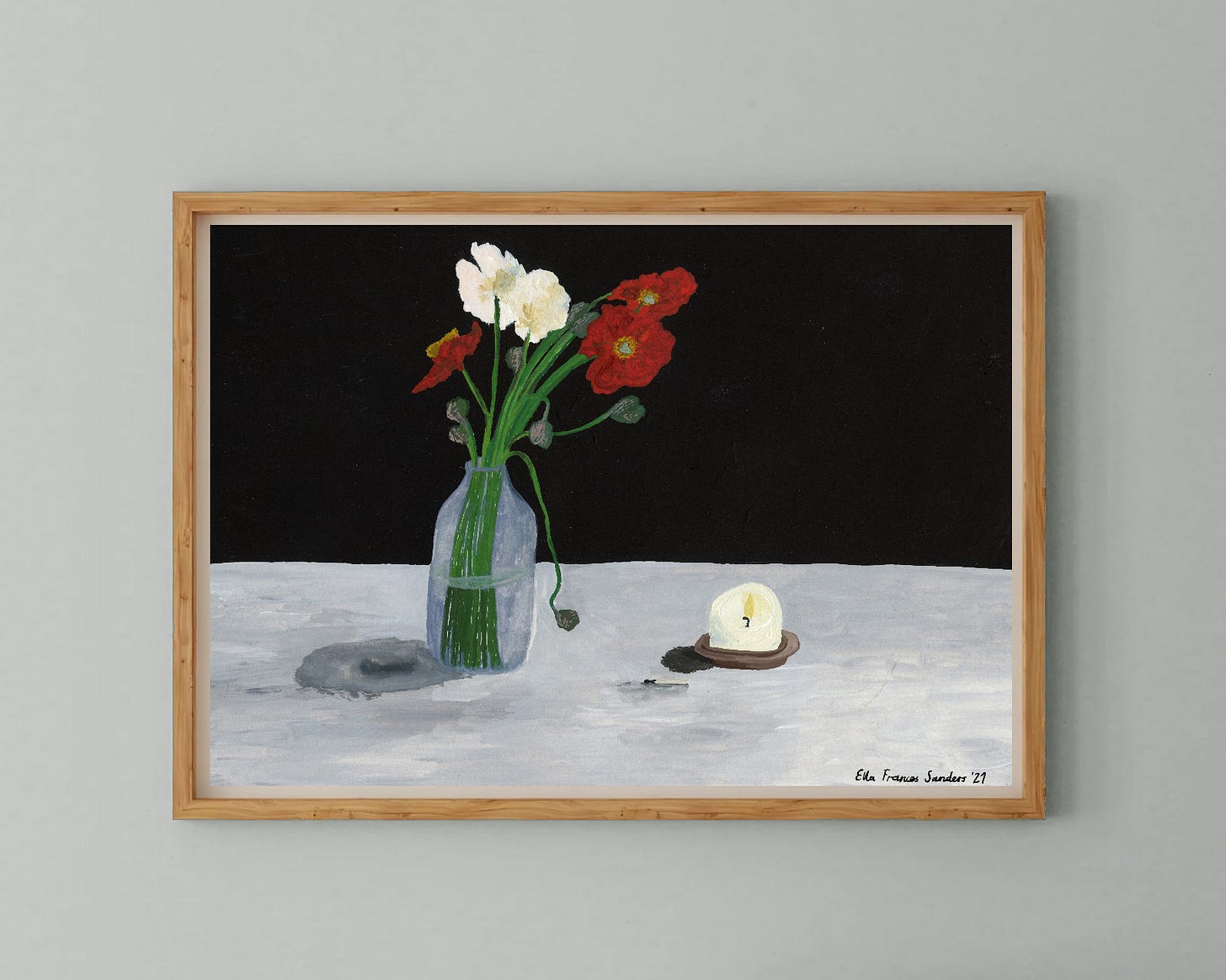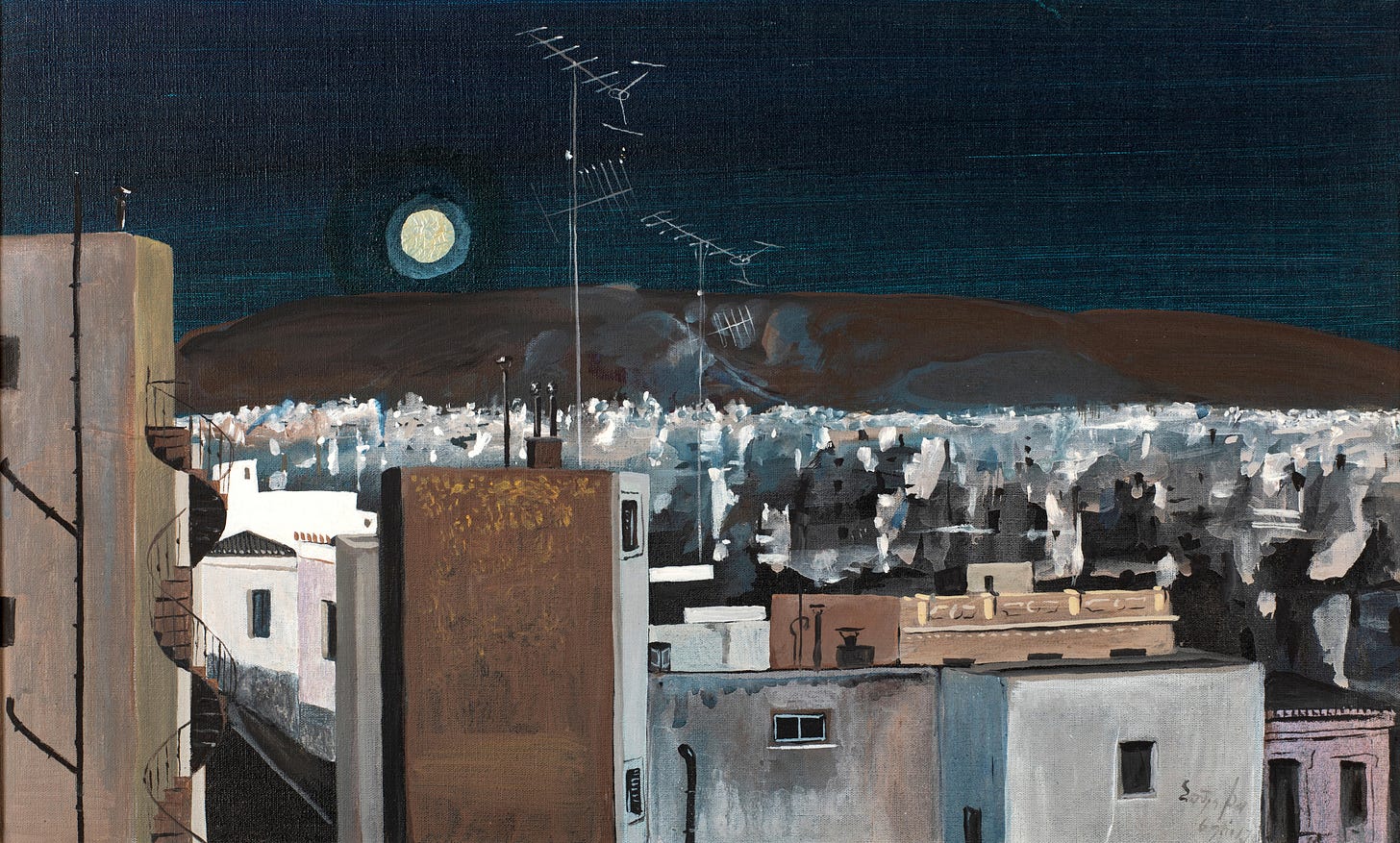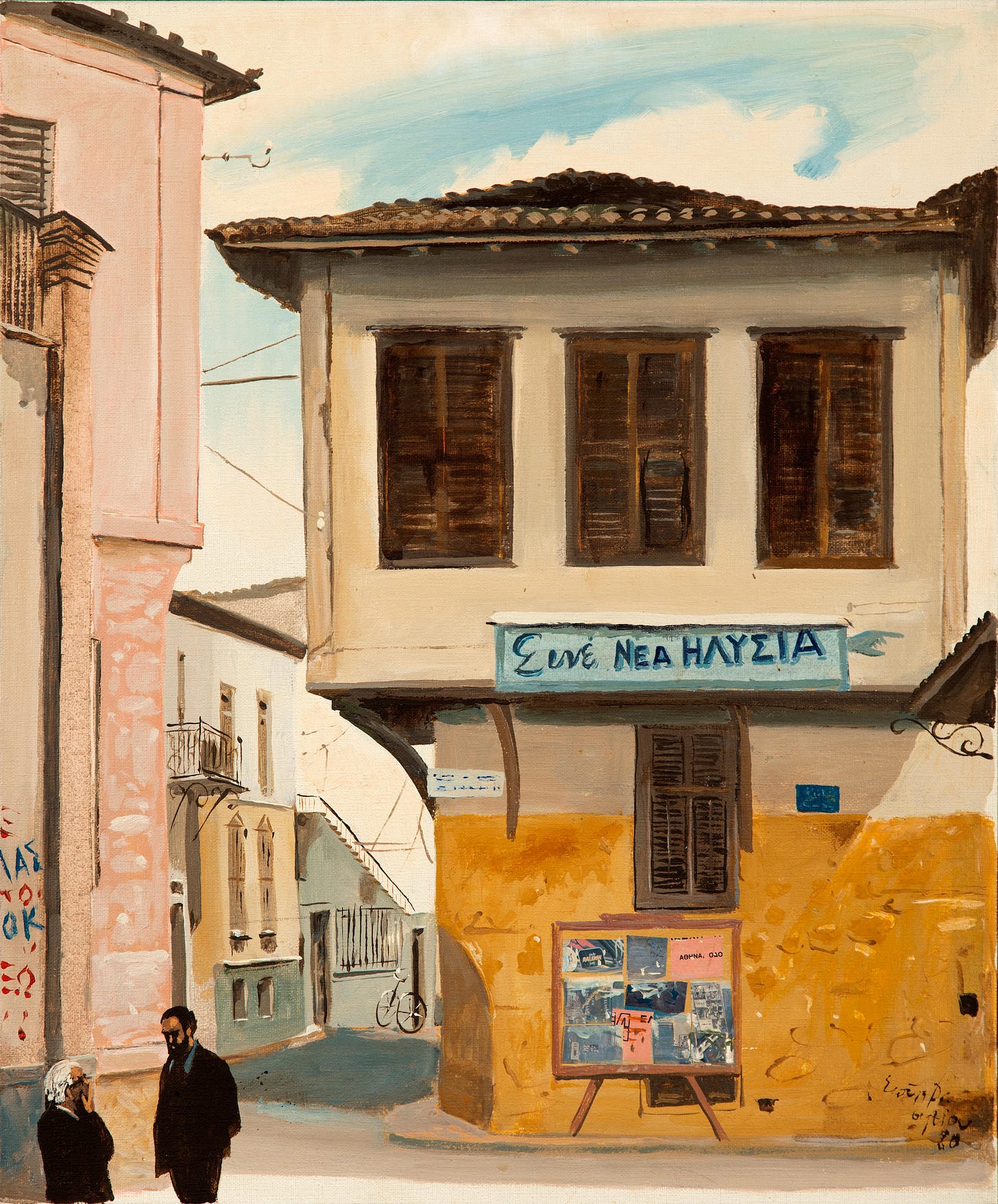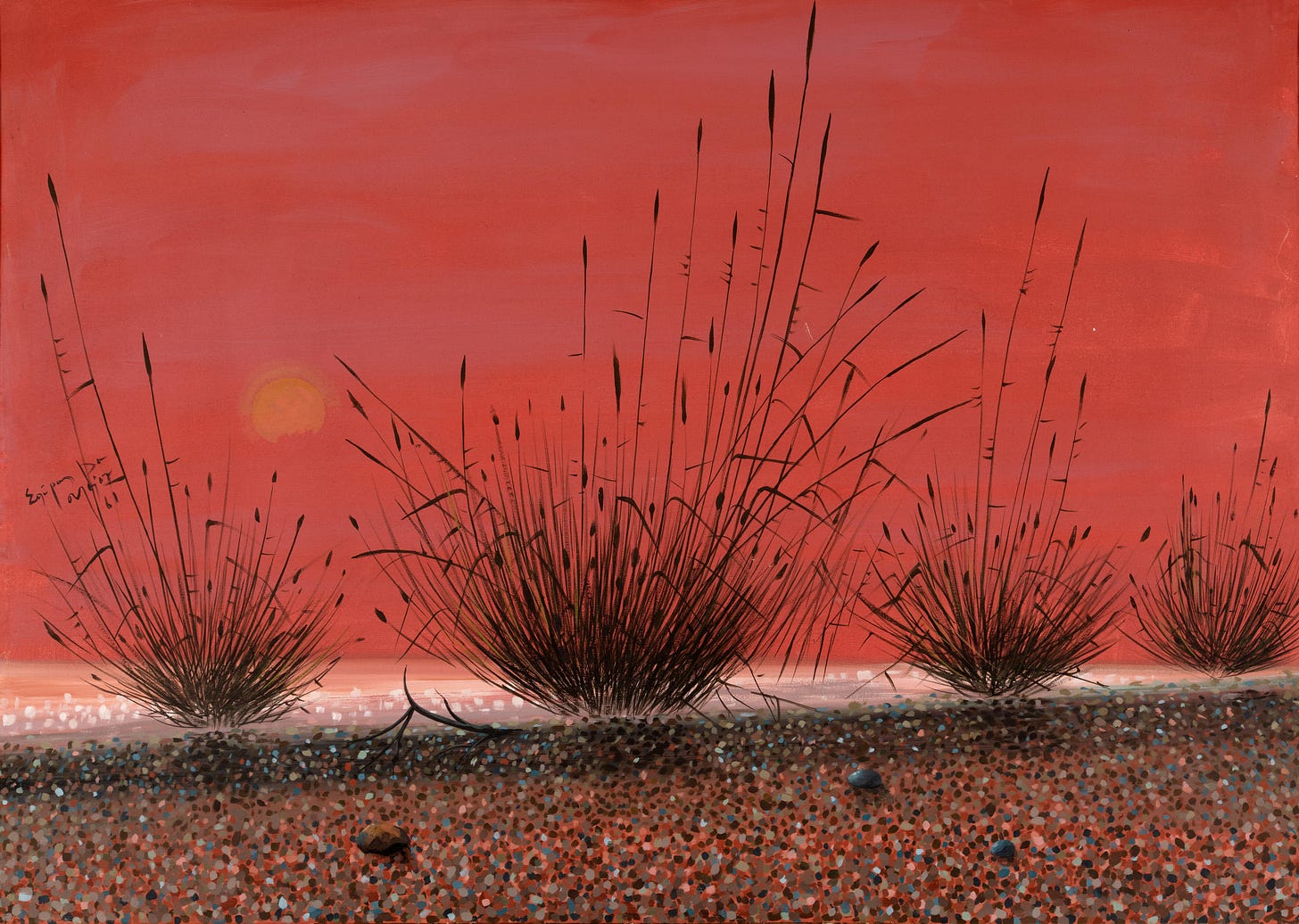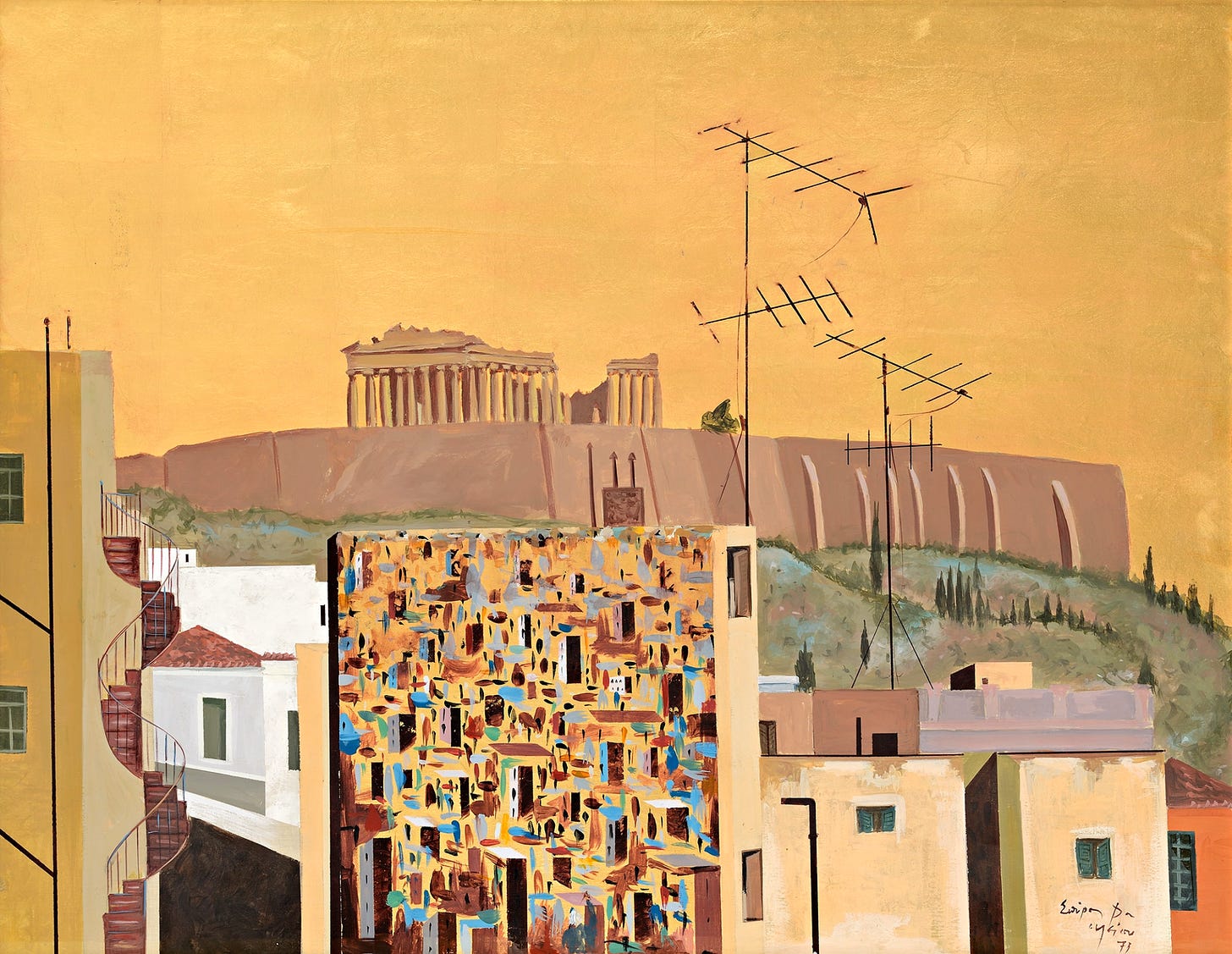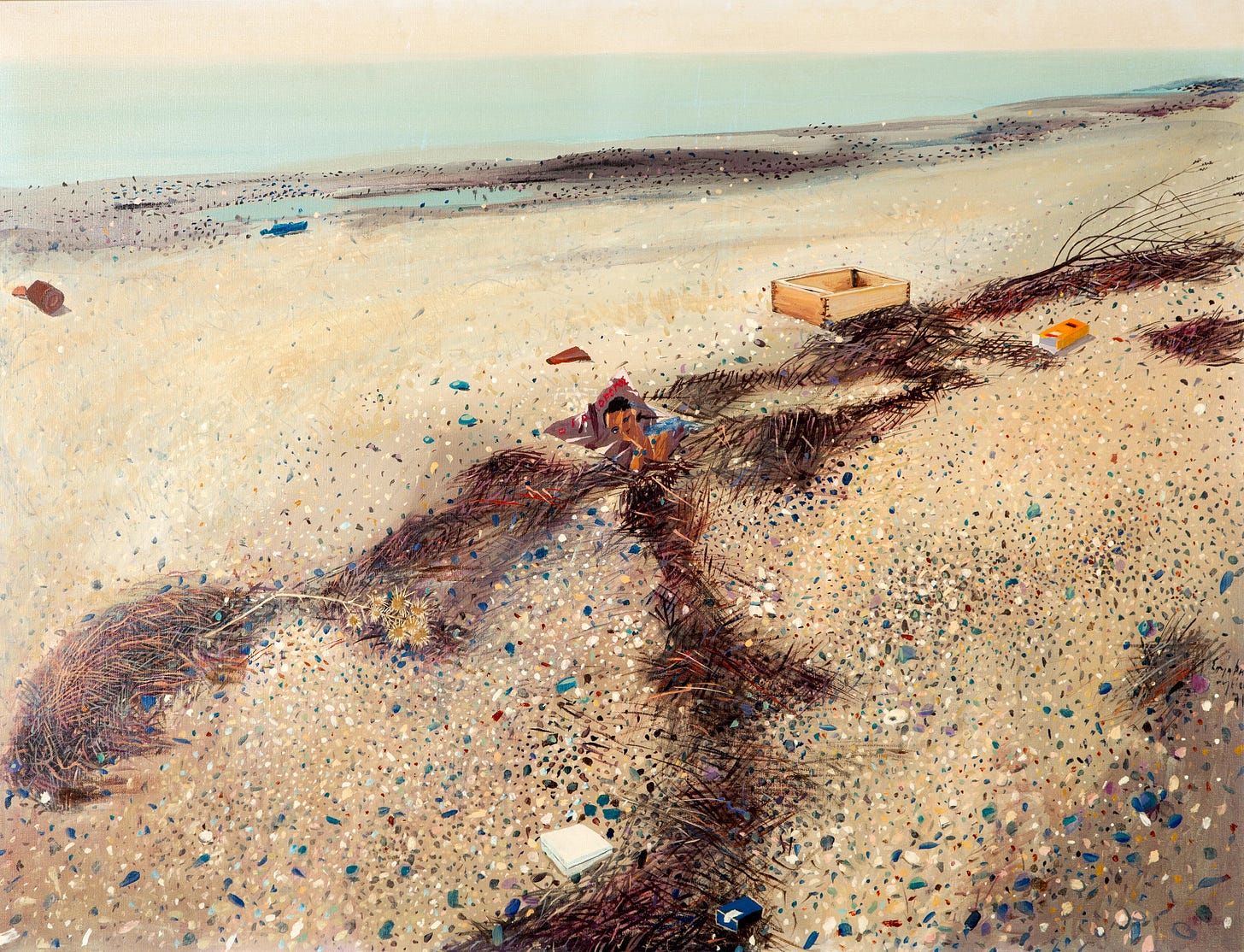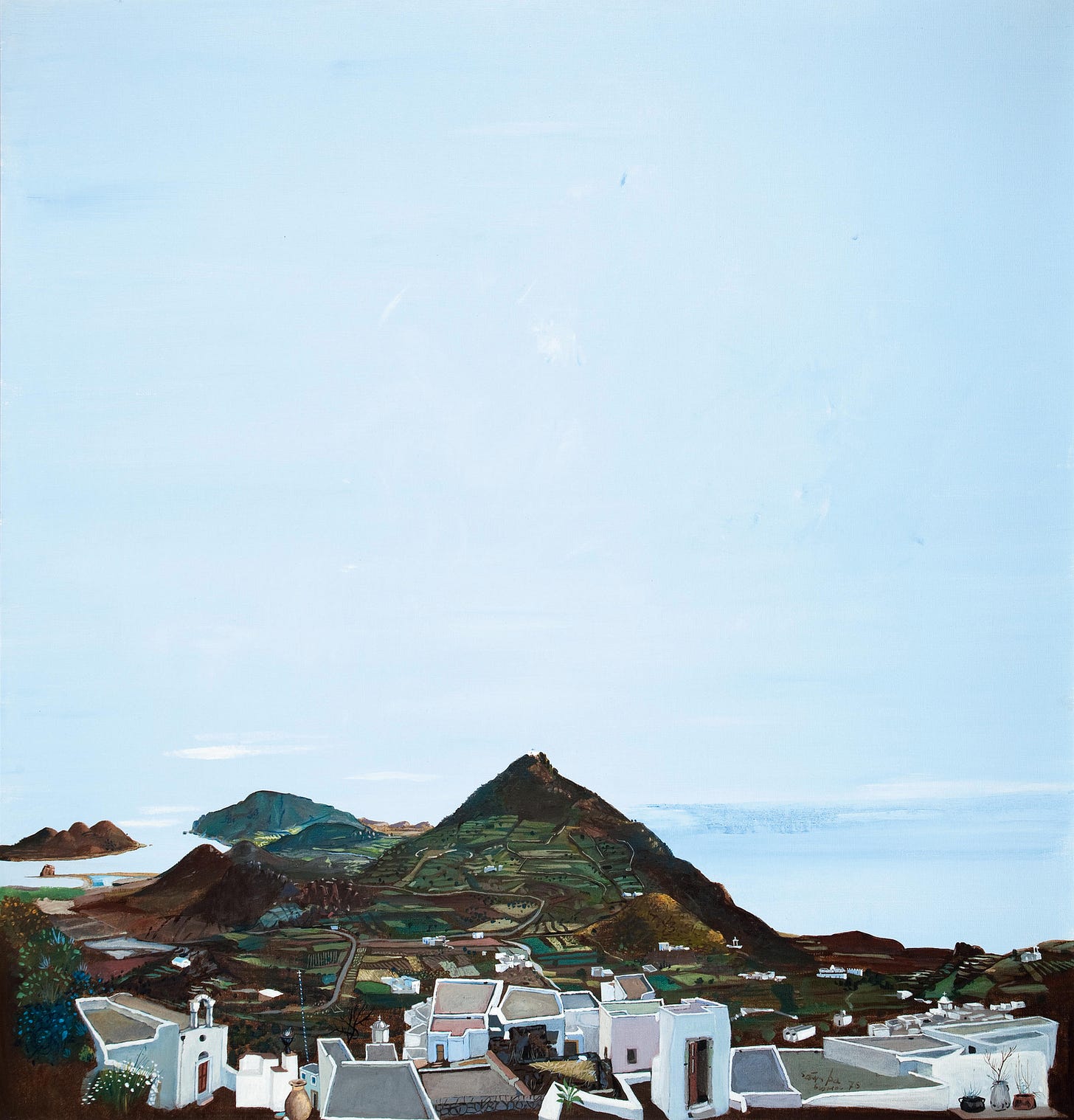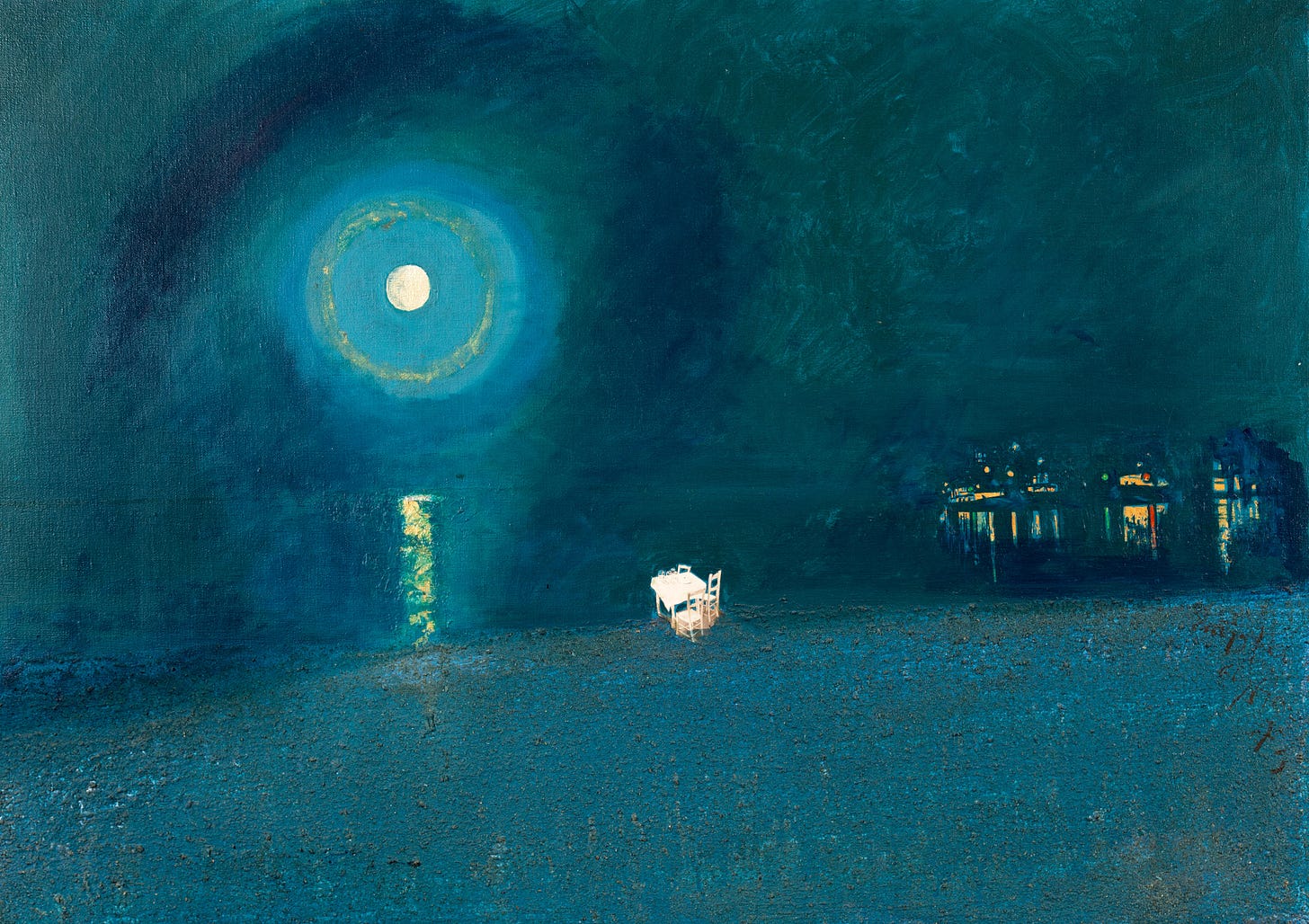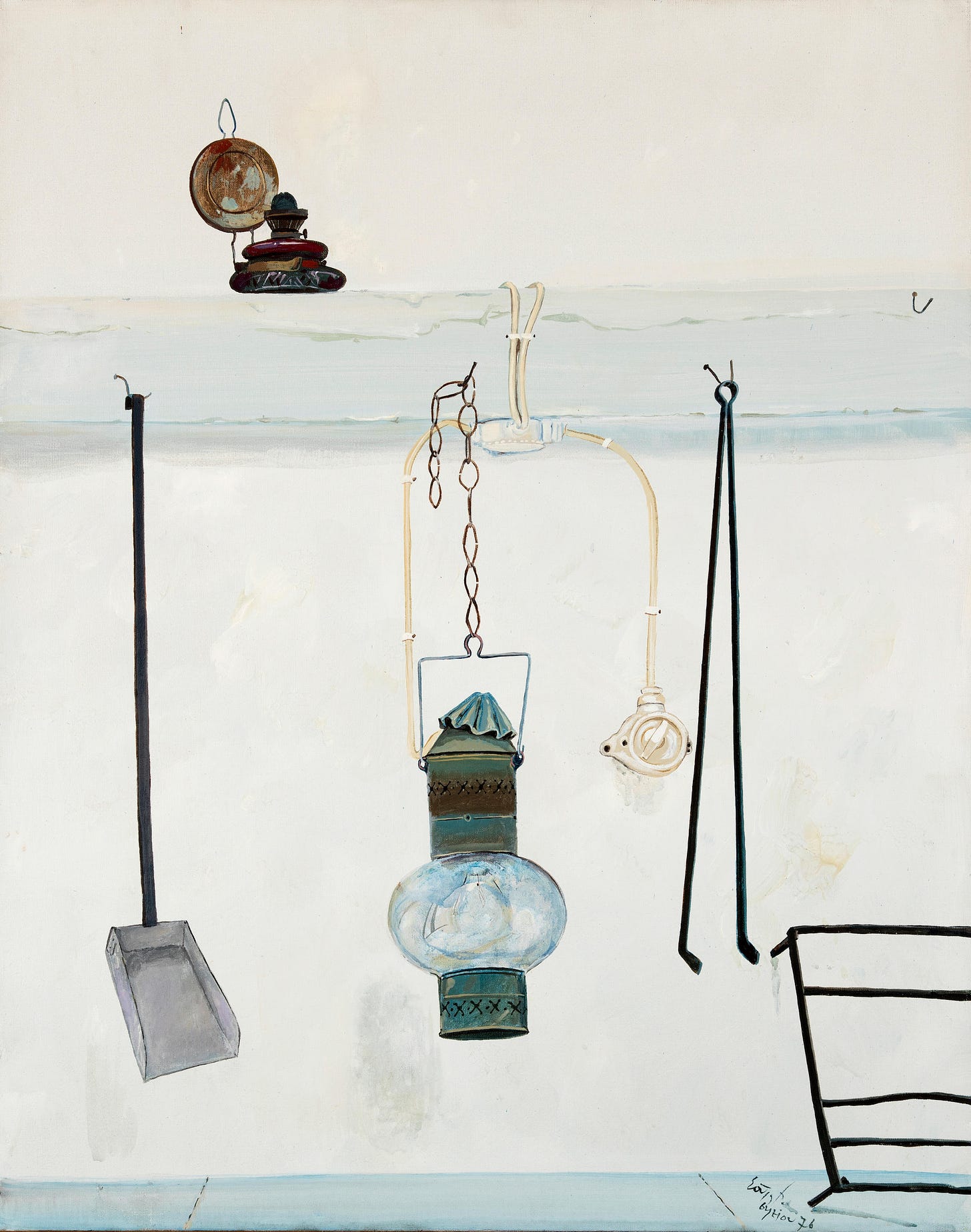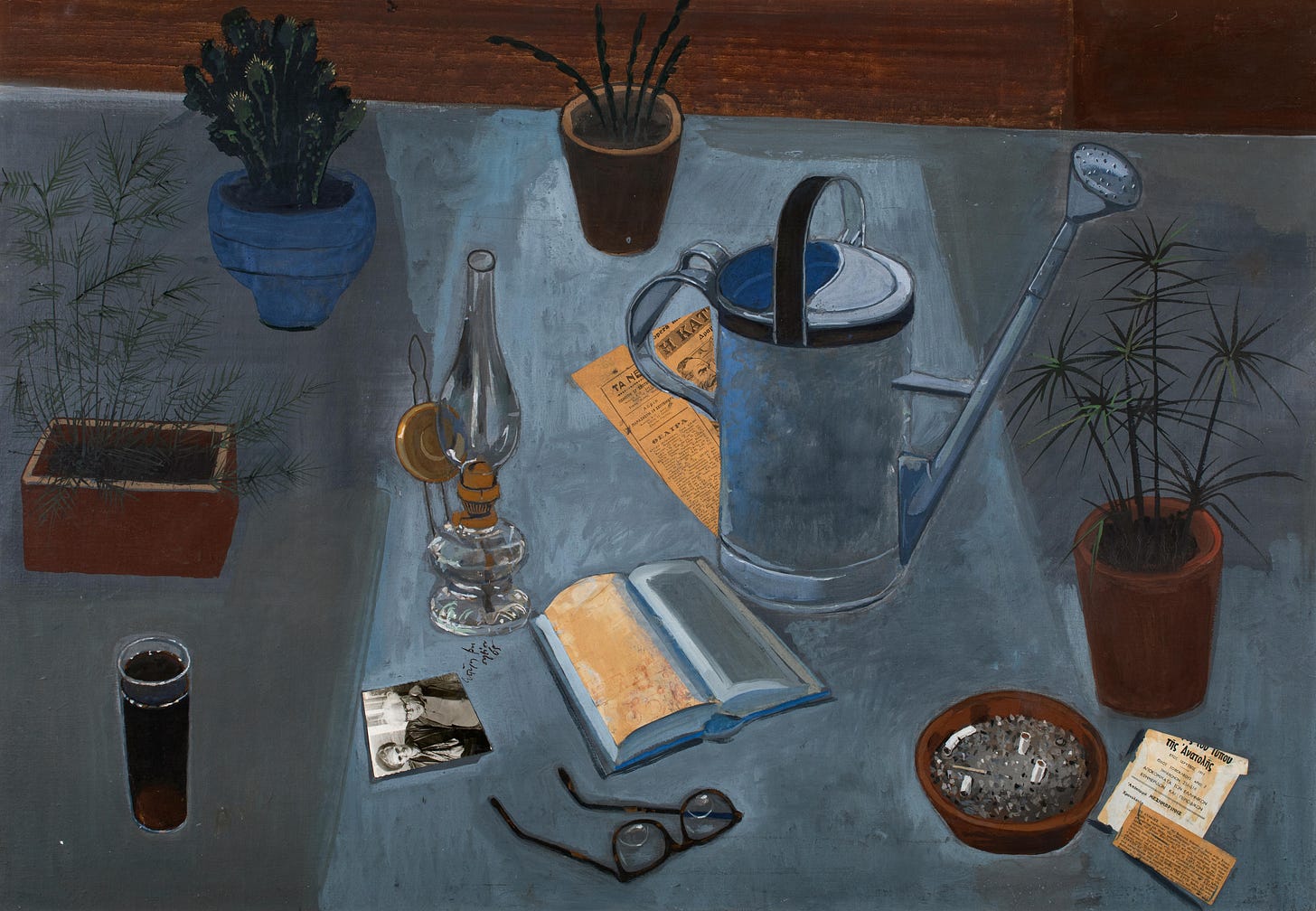No.238
summer solstice
will be significant
im going to release something
soft and radiant
and true
into the world
— Jenny Zhang, from My Baby First Birthday, Tin House, 2020\
Yesterday was the longest light of the year, a day technically the same length as any of the others and yet, somehow, different. Knowing that from this point on tiny fractions of seconds of light are to be nipped from each end of the day, accumulating somewhere—I imagine for someone else who perhaps needs them more—and that gradually light will be replaced by dark.
It feels as though the nesting and roosting birds know this, there is a gentle hurry to their building of homes, a slight edge of urgency. The house martins only have so long before they leave again for Africa, a finite number of weeks to build a nest, or make necessary repairs to the one from last year, then feeding and raising young, perhaps more than one brood even, I do not know. The pair nesting directly above the front door have been finding themselves long dried grasses to tuck into the interior, several strands either falling or being discarded on the steps below.
In the evening hours they join swallows and swifts, and later bats, in the sky to feed on insects, the swifts making the vast majority of the noise with their screeches. They call in two different pitches, the higher of the two belonging to the females. I read that: ‘They often form “screaming parties” during summer evenings, when 10–20 swifts will gather in flight around their nesting area, calling out and being answered by nesting swifts. Larger “screaming parties” are formed at higher altitudes, especially late in the breeding season. The purpose of these parties is uncertain, but may include ascending to sleep on the wing, while still breeding adults tend to spend the night in the nest.’
As nice as the idea of birds forming screaming parties might be, our language is almost entirely useless when it comes to trying to describe the sounds of birds—it isn’t nearly complex enough to even begin. Screech is probably the word I would choose to describe what the swifts sound like though, not scream, which feels much too coarse. Screaming is what we should be doing in order to save and protect everything beautiful on this planet.
On the morning of the longest light you found a fledgling chaffinch outside at work, hiding and uncertain and unhappy, and someone experienced with wildlife rehabilitation caught it, put it in a cardboard box. It was checked on a bit throughout the day, and given a few droplets of water from the end of a finger, and then later in the afternoon you messaged me to say it had died in your hand.
We buried it in the garden after dinner, beside the young medlar tree, tucking blue-purple flowers around its paper-weight bird body, downy feathers, eyes closed. On top of the soil we scattered wildflower seeds, which must now be watered on days when it does not rain. I didn’t say this to you at the time, but I thought afterwards about the thousands, thousands of innocent people who have been killed in the last months, tiny bodies and grown bodies and wise bodies, how families and communities have had even the time and space to bury and grieve taken violently from them. A world where two people are able to perform burial rites for a baby bird while other people are being ethnically cleansed from their lands is a strange, broken world indeed.
Despite the horror, or in part to help push it back, there are certain things an individual can do in order to believe, to varying degrees, in the goodness and the beauty. For me these things currently number the following: water plants, make dinner for friends, release bees.
We are wholly alone in the evening gloom. And my fingers are warm like the lost days of June.
— Joseph Brodsky, Evening, 1973

BOOKS & ARTWORK:
If of interest, the currently available collection of original drawings and paintings on my website:
Also available are the various foreign language editions of my books, available as signed or unsigned copies, with varying stock levels of French, Korean, Vietnamese, Italian, Russian, German, Spanish, Japanese, Chinese, and Brazilian Portuguese language copies, along with the UK and US versions too.
THIS WEEK I FELL IN LOVE WITH:
Things by the Greek painter Spyros Vassiliou (1903-1985). I think I’m in love, mainly, with the way he painted countless tiny stones.
Isn’t that man’s very purpose on earth – to do things, change things, run things, make a better world?”
“No!”
“What is his purpose then?”
“I don’t know. Things don’t have purposes, as if the universe were a machine, where every part has a useful function. What’s the function of a galaxy? I don’t know if our life has a purpose and I don’t see that it matters. What does matter is that we’re a part. Like a thread in cloth or a grass-blade in a field. It is and we are. What we do is like wind blowing on the grass.
— Ursula K. Le Guin, The Lathe of Heaven
Paid supporters of The Sometimes Newsletter receive several additional posts each month, including things like short stories, illustrated essays, and more detailed looks into creative processes. The most recent of these is a illustrated essay-list, Thirteen Objects of Affection:





